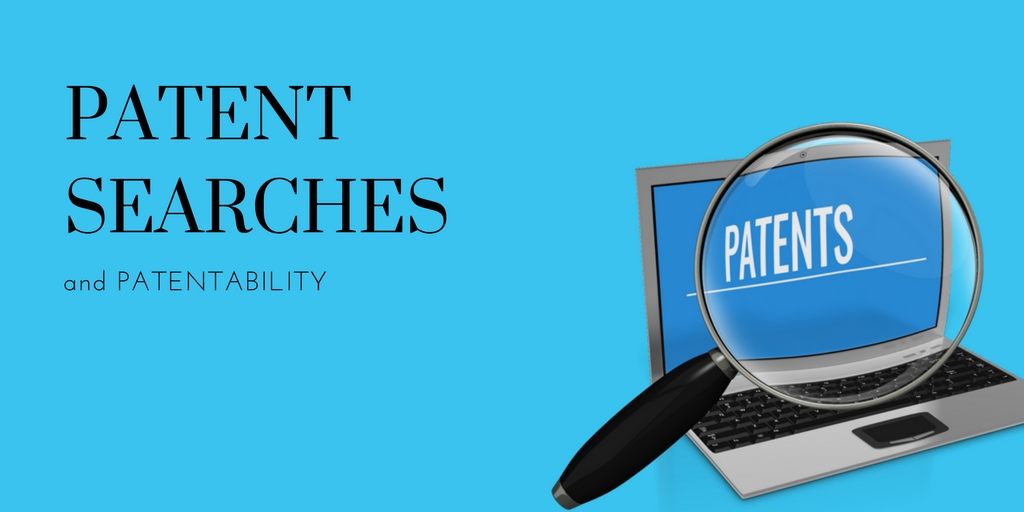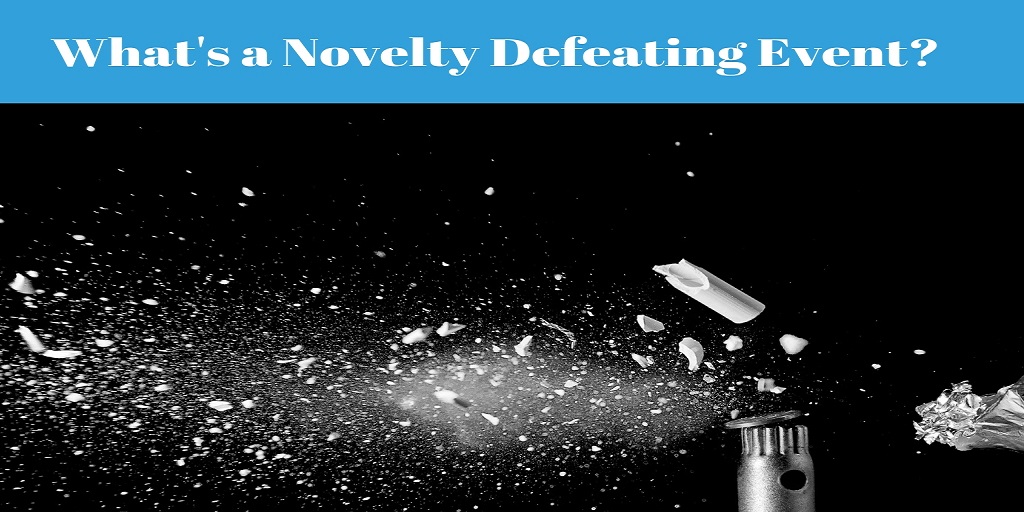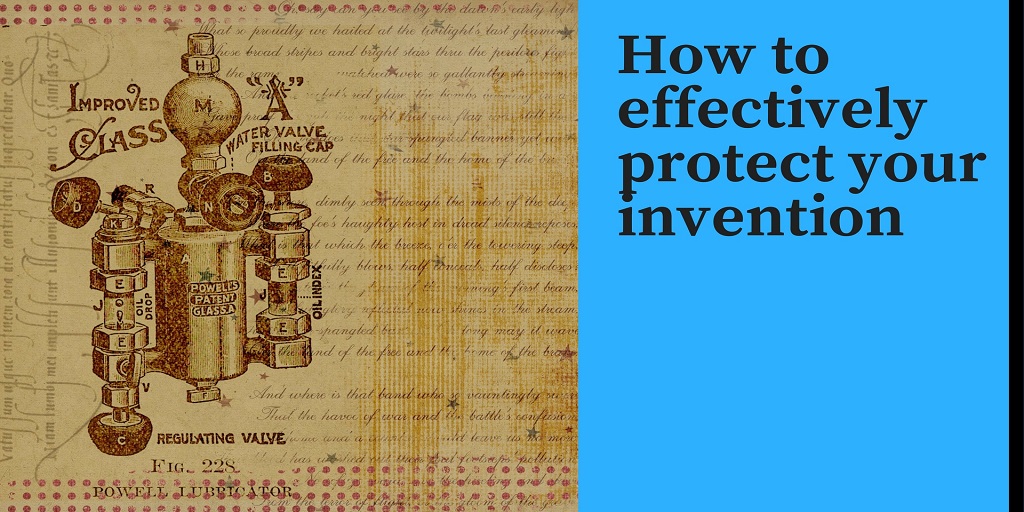Patent searches and Patentability
Thinking about protecting your invention?
If you are an inventor, you may have thought about obtaining protection for your invention. But what forms of protection are available to ensure that your invention is protected?
One possible form of protection would be acquiring a patent for your invention. A utility patent would grant the patent owner the exclusive rights to make, use, sell, offer for sale, or import into the United States a device covered by the patent. Only with the patent owner’s authorization can one make, use, or sell the patented invention.
How do you obtain a patent?
To obtain a patent for an invention, the invention must qualify as patentable subject matter and fulfill various statutory requirements relating to patentability. An invention may qualify as patentable subject matter if it is considered a:
- Machine
- Article of manufacture
- Composition of matter
- Process or business method
- An improvement of any of the above
Additionally, assessing whether the statutory requirements for patentability are met would involve considering what other inventions exist in the pertinent field. This usually can be done by conducting a patent search.
Can you determine the patentability of your invention without a patent search?
As mentioned earlier, patent searches will help determine the patentability of your invention. But can you determine an invention’s patentability without a patent search? The answer is probably no. Patentability requires assessing the differences between your invention and what currently exists in the pertinent field or art. Even if your invention is technically different from the latest technology in the pertinent field, comparing your invention to current technologies is necessary to determine whether certain statutory requirements are met. Without a patent search, ascertaining what inventions currently exist in the pertinent field may be difficult. Moreover, finding existing patents and patent applications may also help determine the invention’s scope of rights or what forms of protection can be granted.
How is a patent search conducted?
A patent search typically utilizes the United States Patent and Trademark Office’s (“USPTO”) website, and possibly various other websites, to find existing patents and patent applications. Independent patent searches can be conducted, but having a patent attorney conduct a patent search provides several benefits.
How a patent attorney can help
Satisfying the mandated statutory requirements all while considering patentability factors is a complicated task. However, an experienced patent attorney will account for these considerations. A patent attorney would conduct a patent search to determine if existing patents or inventions could affect your scope of rights all while considering your invention’s patentability.
For example, to qualify as a patentable invention, the invention must be novel or “new.” Although an invention could differ from existing inventions, it may not be considered “new.” Another consideration is whether your invention is obvious in light of the prior art. Moreover, some inventions may be new and non-obvious, but may not be patentable subject matter. A patent attorney would account for these considerations, along with many others, when conducting a patent search and assessing the patentability of your invention.
An opinion on the patentability of your invention could save you hundreds if not thousands of dollars in the long run. Further, obtaining advice from a patent attorney is highly recommended because certain actions taken by the individual could possibly affect future rights. Advice from a patent attorney could potentially help prevent said actions from taking place, and may possibly even provide safe guards on how to protect your invention.
At Kloss, Stenger, and LoTempio, Vin LoTempio and other registered patent attorneys can not only assist in patent searches, but can help file a patent applications as well. Kloss, Stenger, and LoTempio has assisted inventors in filing several applications their inventions.
Does this article interest you? Subscribe to the LoTempio Law email newsletter to receive posts and updates just like this conveniently in your email box!
Disclaimer: This article is not intended to be legal advice and is meant to be for educational or entertainment purposes only. For legal advice and questions, please contact Patent Attorney Vincent LoTempio.




